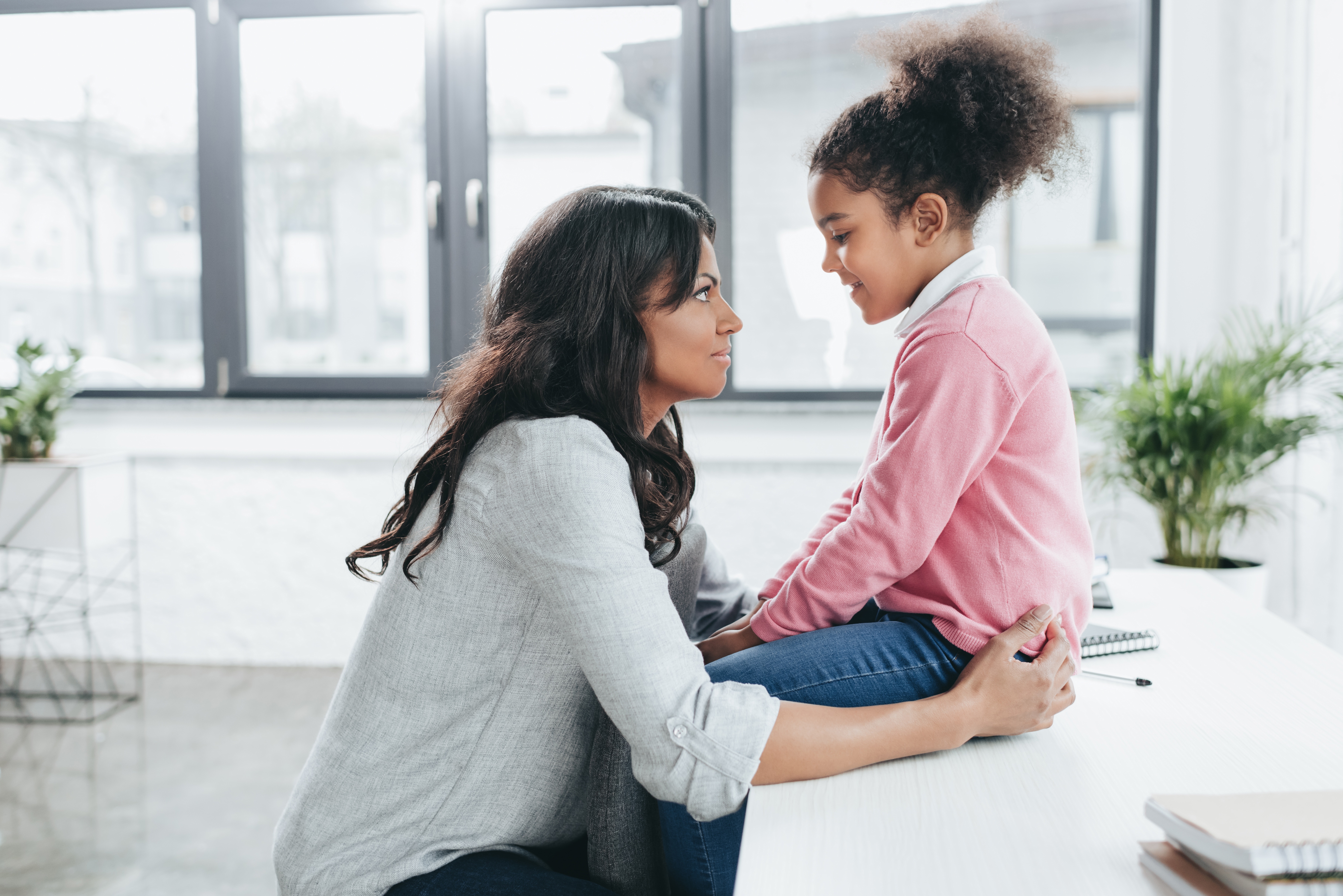What to do if the news is upsetting your child
Try as you might, it’s not always possible to shield children from bad news.


A free daily email with the biggest news stories of the day – and the best features from TheWeek.com
You are now subscribed
Your newsletter sign-up was successful
Since launching in November 2015 The Week Junior’s editorial team have had to report on a number of major events. Terror attacks, natural disasters, Covid19 and war have all needed explaining to our young readers. We are acutely aware of the impact such news can have on them, so we take great care to ensure we do not add to their distress. Our writers follow a simple formula and choose their words carefully. They focus on the facts, avoid speculation and always provide evidence of the many ways in which people are helping, working and talking to make things better.
It’s natural for children to worry about what’s happening in the world. If your child is upset about something they’ve heard about, The Week Junior’s editorial director, Anna Bassi, has five tips to help you support them and answer their questions.
1 Take them seriously
It is important to take your child’s concerns seriously, let them express their feelings and to answer their questions honestly. They need to know it’s normal to feel upset about bad news. Remind them that bad news is far more likely to make the headlines than good. It’s also worth telling them that the very fact that they are upset by what’s happened is evidence that it’s a rare event.
The Week
Escape your echo chamber. Get the facts behind the news, plus analysis from multiple perspectives.

Sign up for The Week's Free Newsletters
From our morning news briefing to a weekly Good News Newsletter, get the best of The Week delivered directly to your inbox.
From our morning news briefing to a weekly Good News Newsletter, get the best of The Week delivered directly to your inbox.
2 Stay calm and provide comfort
It’s easy for children to be frightened and feel out of control so be very careful that your own feelings and the words you use don’t add to their anxiety. Many people use words like ‘disaster’ ‘panic’ or ‘crisis’ without considering their impact on younger people. Most of all, make sure they feel safe in their own surroundings and give them a hug if they want to be held close.
3 Be truthful but don’t dwell on details
Be truthful but keep it brief and don’t dwell on details that they may find difficult to deal with. Answer their questions as honestly as you can but beware of speculating on potential outcomes or allowing your own emotions to colour your responses. And if you don’t know the answer to something, tell them you’ll find out what you can and let them know later.
4 Focus on the positive
It’s vitally important to remind children that there are many more good people in the world than there are bad. Children are naturally resilient but it is up to adults to ensure they continue to see the positive things happening in the world. For every bit of bad news or upsetting experience there are plenty of others that demonstrate the best of human behaviour or that simply make us smile – make sure you share these with them.
5 Let them talk in their own time
Not all children will want to discuss something that’s upset them, and they may need a little time to digest it. Make sure they know you’re ready to answer their questions if and when they have any, let them know that it is ok to feel sad and give them a cuddle when they need it. You may be surprised how quickly a child moves on to another subject but be prepared for them to return to it in the future.
A free daily email with the biggest news stories of the day – and the best features from TheWeek.com
If your child displays symptoms of anxiety such as having trouble sleeping or being unduly worried about things then it may be a good idea to seek professional help. Charities such as the NSPCC and Young Minds will be able to offer expert advice and guidance. We've also written some advice specifically for our readers. You can find it here.
Anna Bassi is the editor in chief of The Week Junior (U.K. edition).
-
 Nuuk becomes ground zero for Greenland’s diplomatic straits
Nuuk becomes ground zero for Greenland’s diplomatic straitsIN THE SPOTLIGHT A flurry of new consular activity in the remote Danish protectorate shows how important Greenland has become to Europeans’ anxiety about American imperialism
-
 ‘This is something that happens all too often’
‘This is something that happens all too often’Instant Opinion Opinion, comment and editorials of the day
-
 House votes to end Trump’s Canada tariffs
House votes to end Trump’s Canada tariffsSpeed Read Six Republicans joined with Democrats to repeal the president’s tariffs
